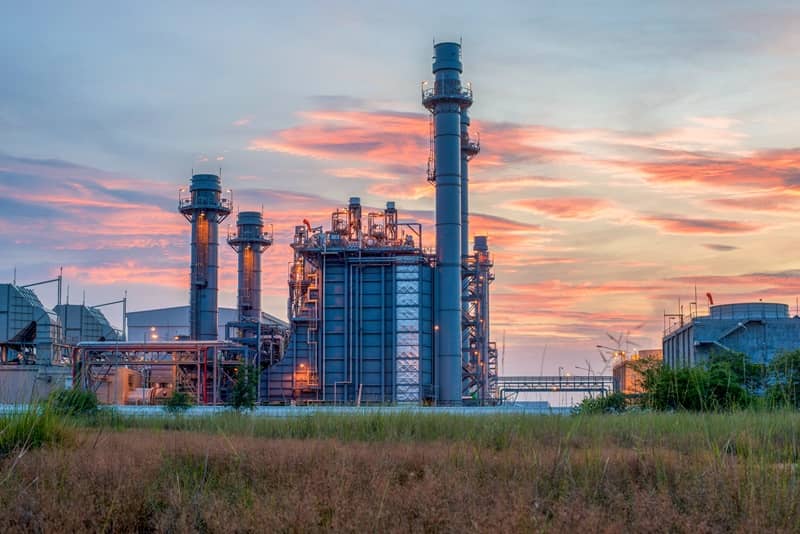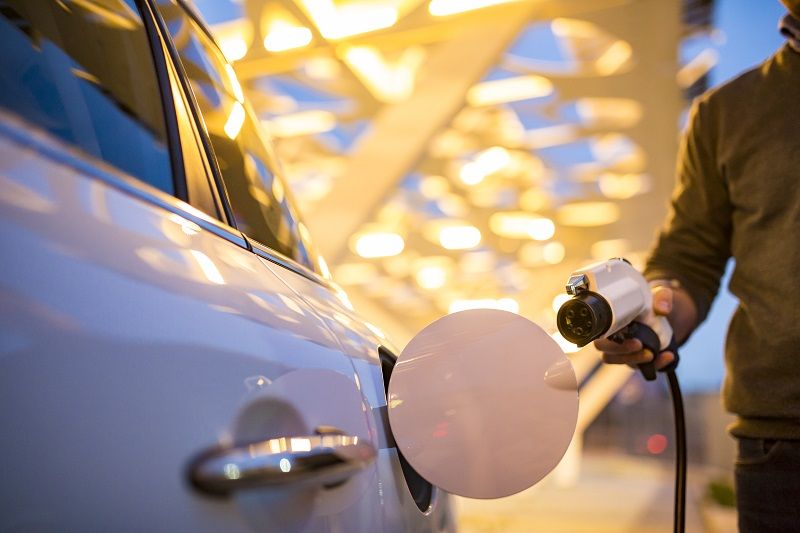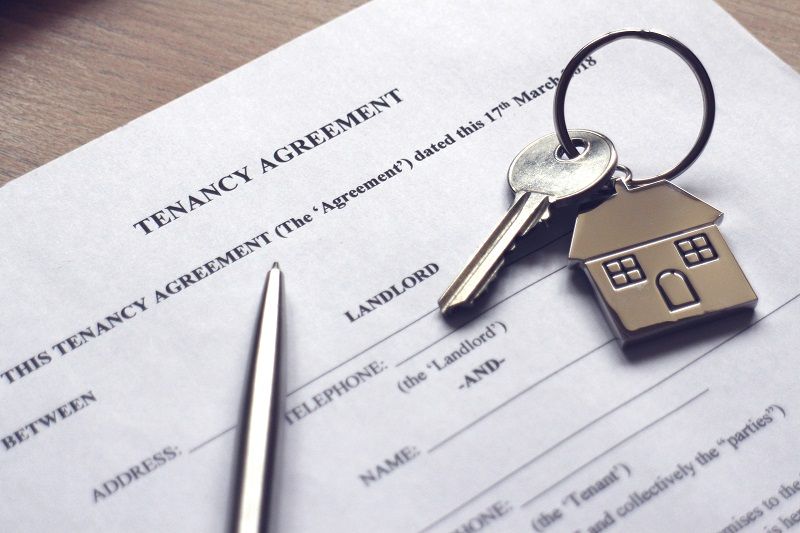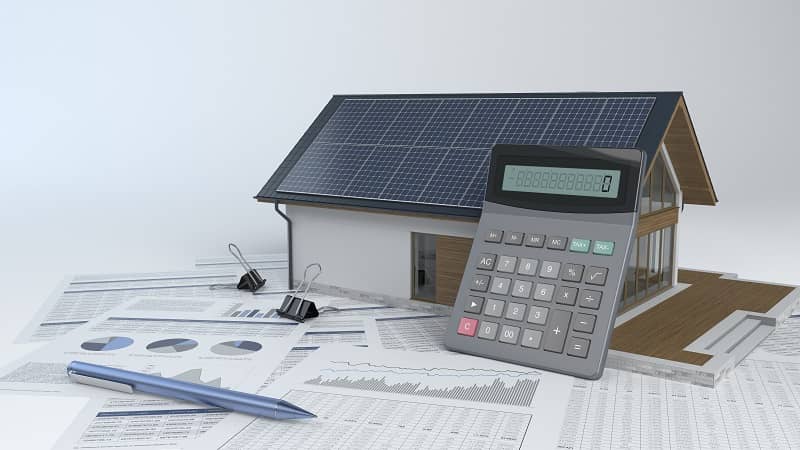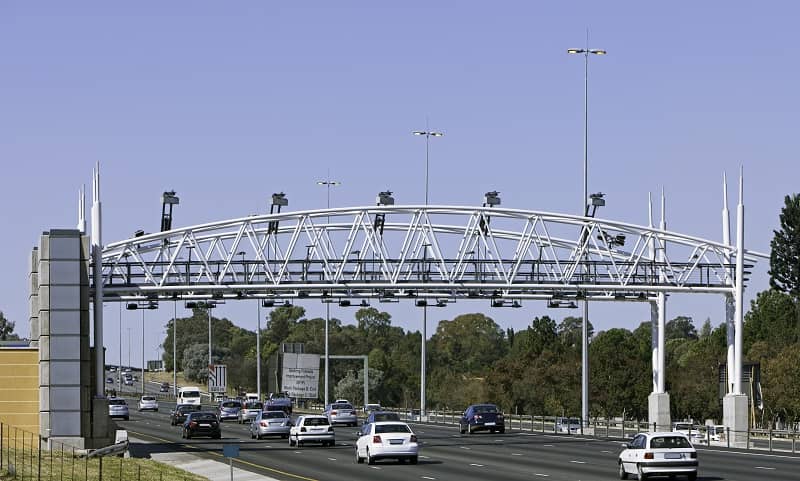By Jon Egge
Many politicians on the West Coast have fallen in love with untested policies and programs they say will help solve global warming. Many of these policies are mind-bogglingly complicated. What, after all, is a low carbon fuel standard (LCFS), or clean fuels program? And how exactly do programs like “cap and trade” work? And, perhaps most importantly, how do these policies impact you, the consumer?
Here’s the dirty little secret the politicians don’t want to talk about: All of these policies are going to make it more costly to produce gasoline and diesel. In fact, that’s the intended purpose of so-called “market-based” schemes to reduce greenhouse gas emissions. By making the energy we need and use every day more costly to produce, other energy supplies—like wind, solar, biofuels, and hydrogen fuel cells—will become more competitive. And where these programs have been implemented—such as in California—they are also conveniently generating billions of dollars in new revenue for the state to spend however it pleases. That’s why climate-change policies like cap and trade and LCFS are becoming Trojan horses for hidden taxes. These revenue programs provide limited environmental benefits but generate big political paydays.
California has adopted the nation’s only LCFS, a program energy experts say is infeasible. Forcing manufacturers of gasoline and diesel fuels to meet a standard that can’t currently be met puts the state’s entire fuel supply in a very precarious position.
Now, politicians in Oregon are considering a LCFS that, if implemented, will become a new hidden gasoline tax designed to increase the cost of fuel and decrease the bank accounts of everyday motorists and businesses who rely on transportation. Hidden tax schemes increasing the costs of fuel are also regressive revenue-generating policies that hurt poor and middle-income families the most. These families spend a much larger portion of their income on transportation and fuel than wealthy families do, and hidden gas taxes therefore take a much bigger bite of their budgets. Unlike their wealthier counterparts, working families simply can’t trade their vehicles for expensive hybrids and electric cars. And because these policies aren’t transparent, consumers often have no idea why their fuel costs are rising.
We all want to improve our environment and ensure cleaner air. But punishing motorists by increasing fuel costs through hidden taxes is not the way to do it. Governor John Kitzhaber has made it clear he plans to move forward with a LCFS—even without the support of the state’s elected legislators. Last session, our Legislature, after careful consideration, declined to extend authorization for the LCFS. Under the governor’s unilateral direction, the Department of Environmental Quality is now adopting rules to push the LCFS forward.
The governor and agency bureaucrats need to be reminded, once again, that when gasoline and diesel costs go up, families and small businesses suffer. It’s time to put a stop to the hidden gas tax that is masquerading as climate change policy.
Jon Egge is a plumbing service contractor in Clackamas and serves on the Oregon Advisory Council of the National Federation of Independent Business. He is a board member of Cascade Policy Institute. This article originally appeared in The Oregonian.
